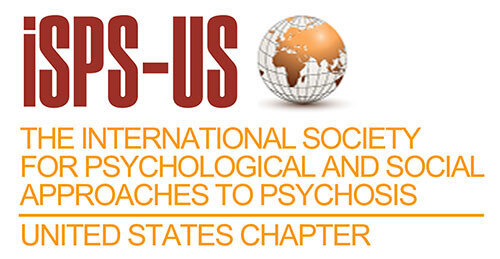
ISPS-US members recently took part in a letter-writing campaign to The New Yorker in response to their article The Revolving Door / The System that Failed Jordan Neely. Thanks to the collective effort from our organization and others, The New Yorker will publish this moving and important letter from a reader that helps to highlight our and others' concerns around coerced treatment:
As someone who has experienced homelessness, I read with great interest Adam Iscoe’s piece on the tragedy of Jordan Neely (“The Revolving Door,” May 22nd). I was fortunate to receive the help that I needed to turn my life around; my best friend was not as fortunate. He was homeless, and took his own life when faced with forced psychiatric intervention.
I was impressed by the community organizations and social workers cited in Iscoe’s article who are offering alternatives to the endless cycle of forced treatment, prison, and homelessness, but such alternatives are scarce. I wish there had been a discussion of the “Housing First” approach, the evidence-based practice recommended by the U.S. Department of Health. Providing housing first and making mental health services available on a voluntary basis eliminates homelessness and saves taxpayer money. Contrary to popular prejudice, most homeless people struggling with mental illness want help. It is the terrible experience with court-mandated intervention that makes people like my lost friend avoid mental health services at all costs.
Polaris Garfield
San Diego, Calif.

